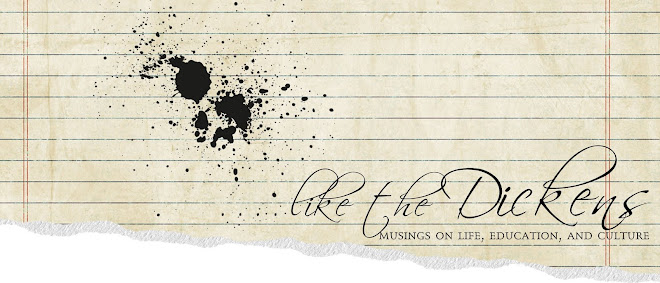
Here is a brief synopsis of the books I have checked off my list so far in 2011. Here's to sticking to my New Years' resolution. Hopefully you are in need of something to read. . .
1. Gilead by Marilynne Robinson: In my first January book, a father and pastor, knowing he is nearing the end of his life, writes a diary/series of letters to his son who is still a child at the time. This book was slow and very introspective. It takes place in the rural Midwest (always a winner), and John Ames, the main character, shares his candid thoughts and memories both ordinary and divine.
2. Jayber Crow by Wendell Berry: This second January book is similar to Gilead in that it takes place in a small town and has the same slow, introspective pace that the society of the small town has. Jayber Crow is the town barber in a small Kentucky town. This is a beautifully written book. I hadn't read Wendell Berry in a long time and had never read his fiction, but I loved this book. His view of nature and people is fascinating and lovely. This book was my companion over several days of being snowed in this winter, and it was perfect. I highly recommend it.
3. Grant and Sherman: The Friendship that Won the Civil War by Charles Bracelen Flood: I read this because it was a recommendation from my dad from a couple years ago that had been sitting on my shelf. Also we were studying the Civil War, and I thought it would be fun to read this in conjunction with class discussions. This is an interesting book about many of the interesting characters involved in this conflict and the sometimes unlikely leaders at the helm. There were several accounts of interactions with Robert E. Lee and otehr generals as well that made this story fascinating. I read several episodes from the book to my class, and they really liked it--so you know it was good.
4. The Souls of Black Folk by W. E. B. Du Bois: This book is a series of essays in which Du Bois explains what life is like "behind the Veil" of race in the late 19th and early 20th centuries. His essays on education were fascinating and inspiring. I was enlightened by his explanations of why he disagreed so strongly with Booker T. Washington. This book is really good especially in conjunction with Up from Slavery (see below).
5. True Grit by Charles Portis: This was another recommendation from dear old dad--who never steers me wrong in the literature category. I loved the Coen Brothers adaptation of this book, and after hearing it was very faithful to the novel, I was intrigued. The novel had much of the same tone of the movie. An old western tale of vengeance told by a young girl with a lot of grit. Mattie Ross is a 14 year old girl who enlists the help of the bravest U.S. Marshal she can find and a Texas Ranger to track down and kill Tom Chaney, a horse thief who murdered Mattie's father in Fort Smith Arkansas. This is a quick read and the characters are enchanting.
6. Up from Slavery by Booker T. Washington: After reading Du Bois and Frederick Douglass, I figured I would go ahead and round out the round out the late 19th century African American leaders. Born into slavery, Washington describes his rise from the poverty of working in the coal mines and sleeping under the sidewalk to gain an education and eventually become the founder of the Tuskegee Institute and an outspoken proponent for the African American cause. His views on work and education were inspiring, and I was humbled by the meekness that Washington showed even to those who tried to oppress him. He talks at length about the education offered to students at Tuskegee, and one of the things mentioned is that in order for students to learn carpentry and construction, he had all of the buildings on campus and all the furniture made by the students. They even made their own mattress and bricks! The value that he placed on labor is pretty stirring. I highly recommend this book.
Over the course of the next few days, maybe I will get around to supplying you with a few inspiring quotes from a few of these texts.


No comments:
Post a Comment